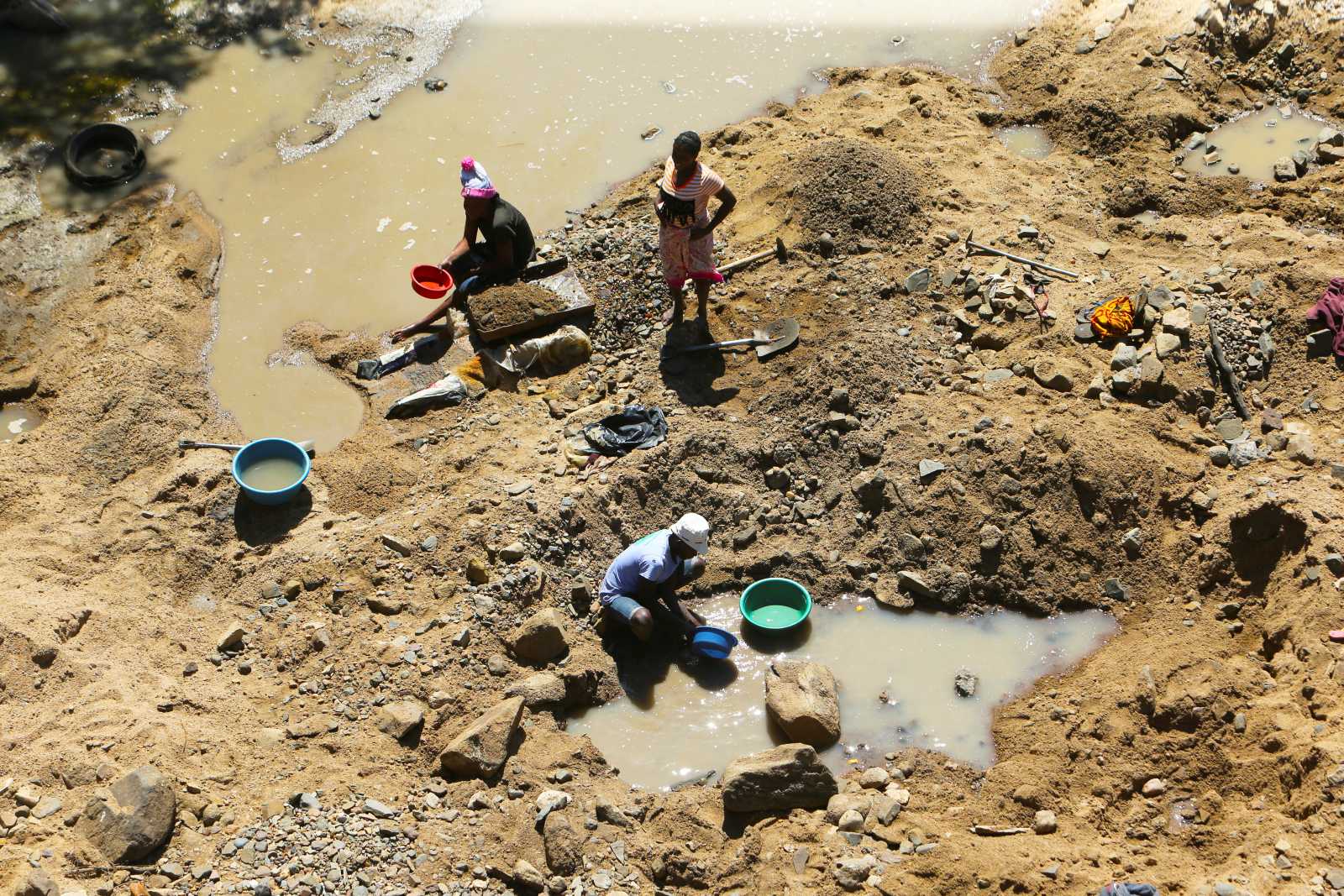Relevant reading
Live up to promises
[ By Imme Scholz ]
Impacts of climate change are already being felt. It will be difficult to limit global average warming to two degrees Celsius, which would change both the structure and functioning of terrestrial and maritime ecosystems. This, in turn, will negatively impact the provision of goods and services, according to the Working Group II of the Intergovernmental Panel of Climate Change (IPCC) (Parry et al. 2007). A further conclusion of the IPCC report directly relates to development policy: the vulnerability to climate change depends on the development path taken. Food and water shortages or floods will threaten people in particular where per-capita incomes are low and population growth is high. In other words: standard interventions of development policy – to fight poverty or boost the status of women, for instance – are also relevant in terms of adapting to climate change. Moreover, a higher rate of economic growth obviously does not boost the ability to adapt per se. It matters what growth is based on, what kinds of distributive effects there are and whether basic social services, such as in the health or education sectors, are improved.
The UNDP picks up that train of thought in its current Human Development Report (2008). It calls climate change the “defining human development issue of our generation” (Summary, page 7). According to the UNDP, our understanding of progress is in question, because economic activity and consumption must be brought in line with ecological reality. The UNDP names five key fields that are affected by global warming:
– agricultural production and food security,
– water scarcity and water insecurity,
– rising sea levels and exposure to climate disasters,
– changing ecosystems and dwindling biodiversity, and
– new risks to human health.
The UNDP warns of negative, self-reinforcing dynamics. In hard times, for instance, poor households are forced to sell assets, eat less and cut back on health and education expenses. Consequently, their ability to take their fate into their own hands is further diminished. The UNDP demands that adaptation be integrated into all aspects of policy making and all efforts to reduce poverty. It is of crucial importance that industrialised countries provide new and additional monetary assistance. Beyond the existing promise to boost official development assistance (ODA) to
0.7 % of the economic output of OECD countries, the UNDP calls for an additional 0.2 % to assist poor countries in adapting to the consequences of climate change.
There obviously is a need to define how development and climate policies should interact, and to raise the necessary funds. Three short studies take up these issues, one published by the World Resources Institute (McGray et al. 2007), one by the Oxford Institute for Energy Studies (Müller 2008) and one commissioned by the World Wildlife Fund (WWF) and Germany's Heinrich Böll Foundation (Porter, Bird, Peskett 2008).
The group around Heather McGray considers adaptation a complex and multi-dimensional field of policy, including both prevention and therapy. It is clear that developmental interventions can only reduce poverty in the long run if climate change is taken into account. Investing in the management of natural resources is useless without concern for future shortfalls due to climate change. Those who make and implement development policy still have a lot to learn – in conceptual as well as practical terms. The same applies to Germany’s Environment Ministry, as its International Climate Initiative is meant to address adaptation among other things. The authors’ message is that the policy fields of development and environment should complement each other.
Müller’s 2008 study examines financing proposals made both within and outside the UNFCCC context. To him, only radical approaches, and not incremental improvements (like stepping up ODA), are acceptable, as adaptation financing needs to be new and additional, predictable, appropriate, equitable and adequate. Two concepts meet his requirements:
– the proposal by Norway to hold back a small percentage of emission permits (say two percent) in a yet to be established carbon trading market, to auction these permits through an international organisation, and to use the money (at two percent, about $14 billion annually) to have an endowment for adaptation purposes, and
– the idea to tax international air travel and to raise $ 4 billion to $ 10 billion that way. This proposal is supported by France and Brazil, but so far only for development, and not for adaptation purposes.
The study by Porter et al. analyses the stance of bilateral and multilateral donors. Fourteen new funds have been established in the past 18 months (eight of them are bilateral, six multilateral), with the mission of addressing emission reduction as well as adaptation. The authors doubt that this multitude makes sense. They criticise overlaps and high transaction costs, pointing out that some donors are apparently interested in raising their own profiles. Instead, harmonisation and reforms of multilateral institutions from the World Bank to the UN are called for in the interest of efficiency and legitimacy. An anthology by Neil Adger et al. (2006) takes up fairness issues. The contributions review the state of adaptation research as regards procedural and distribution fairness. The editors say that questions of fairness have so far only been raised over lowering greenhouse emissions. Of course, adapting to the consequences of climate change is also related to fairness. The authors warn that the issue goes beyond providing money.
As climate change is a complex challenge, there will be winners and losers. The book by Adger et al. stresses four important principles:
– universal participation,
– responsibility of the industrialised countries for climate change,
– their commitment to support vulnerable societies, and
– the priority of supporting the most vulnerable people and groups.
Clearly, academic debate on adaptation has thus reached the centre of the current development discourse: policy ownership, alignment and donor harmonisation are what count.
In this context, the book by Timmons Roberts and Bradley Parks (2007) is of great interest. The authors analyse uncooperative attitudes that have long paralysed climate negotiations. The Third World rhetoric used by many negotiators from developing countries does not ring hollow, they state, as it is based on experience. Economically dominant nations are constantly rewriting the global rulebook and shirking their own commitments.
Roberts and Parks place climate matters in the context of asymmetric global relations. While industrialised countries always kept climate talks separate from other negotiations (for instance on world trade), developing countries were never ready to apply different ethics and logic in different arenas of multilateral policymaking. According to the authors, industrialised nations should try to regain poorer partners’ trust by:
– making noticeable, irreversible, unconditional and costly offers,
– keeping promises on trade and on ODA (in terms of 0.7 % of GDP), and
– sharing burdens fairly (as was done in the Montreal Protocol to protect the ozone layer).








